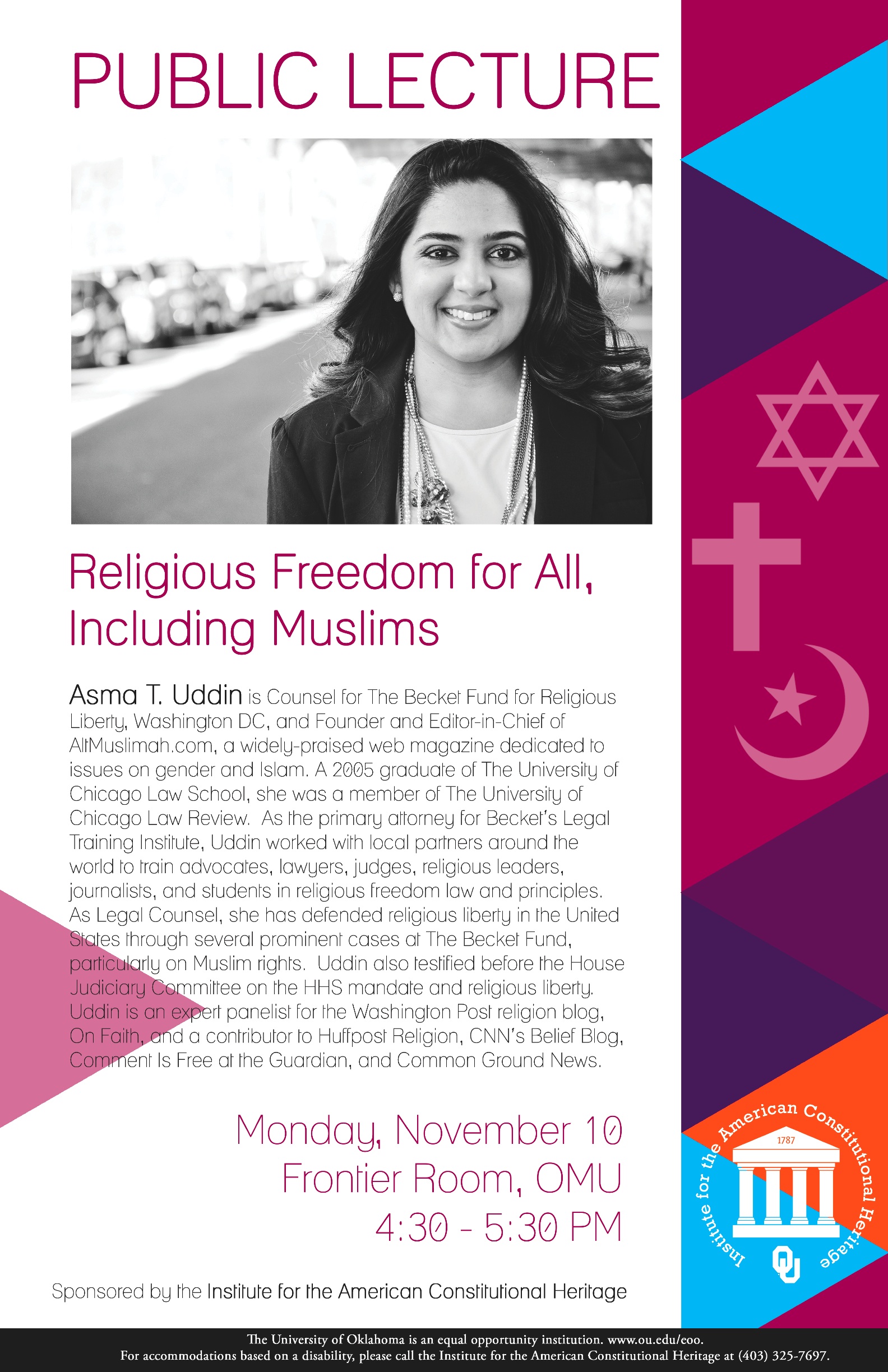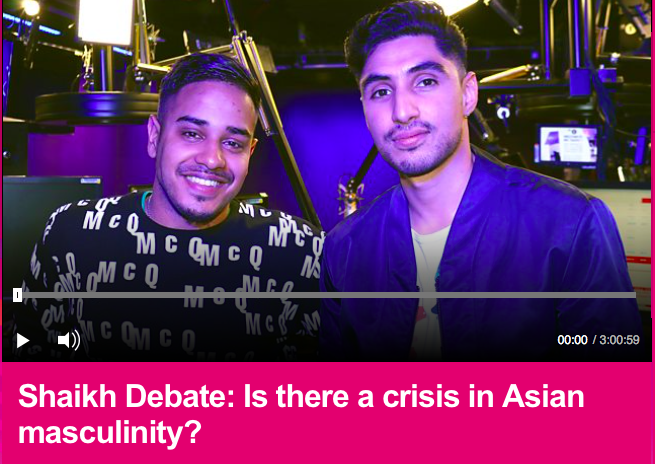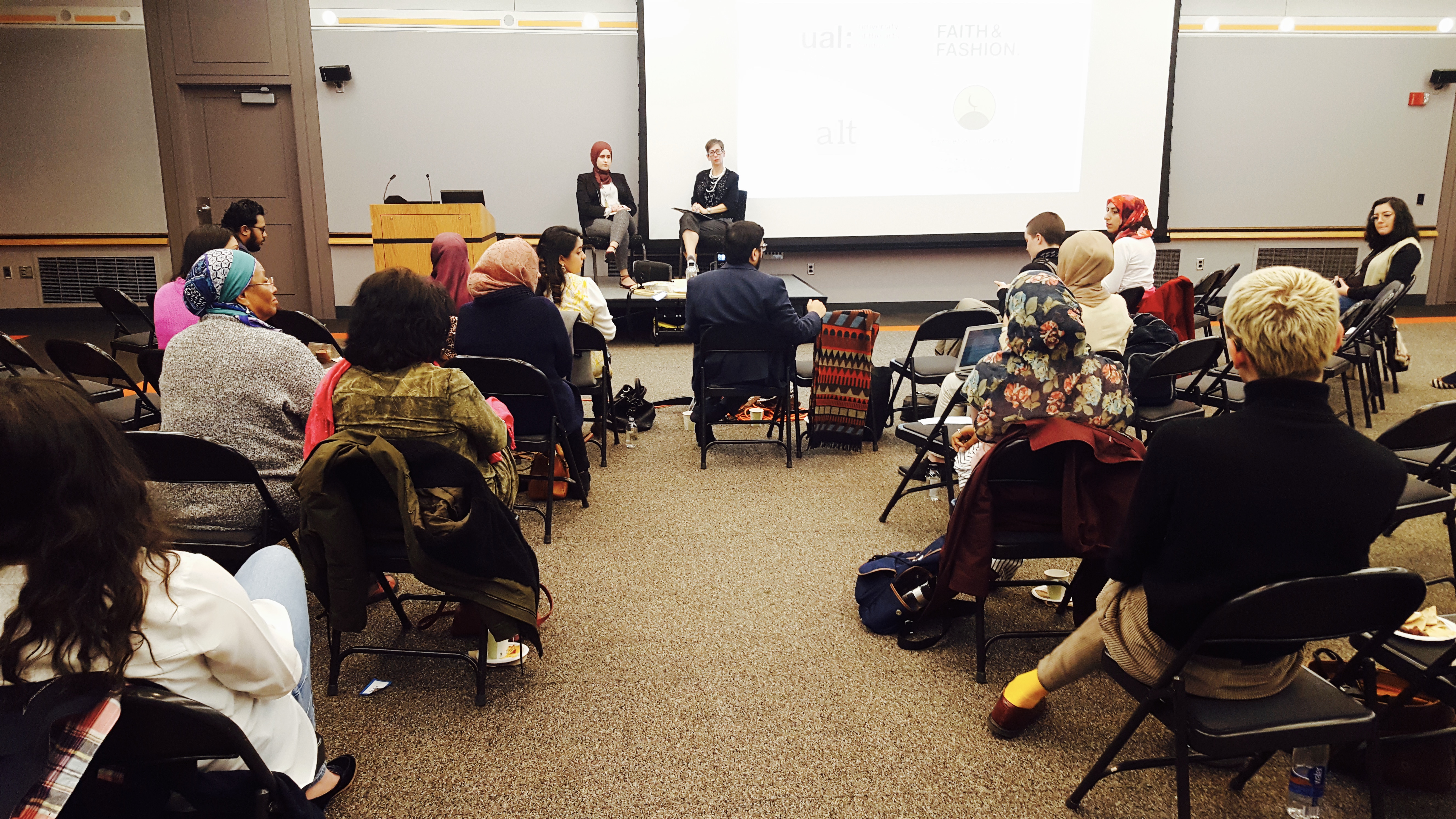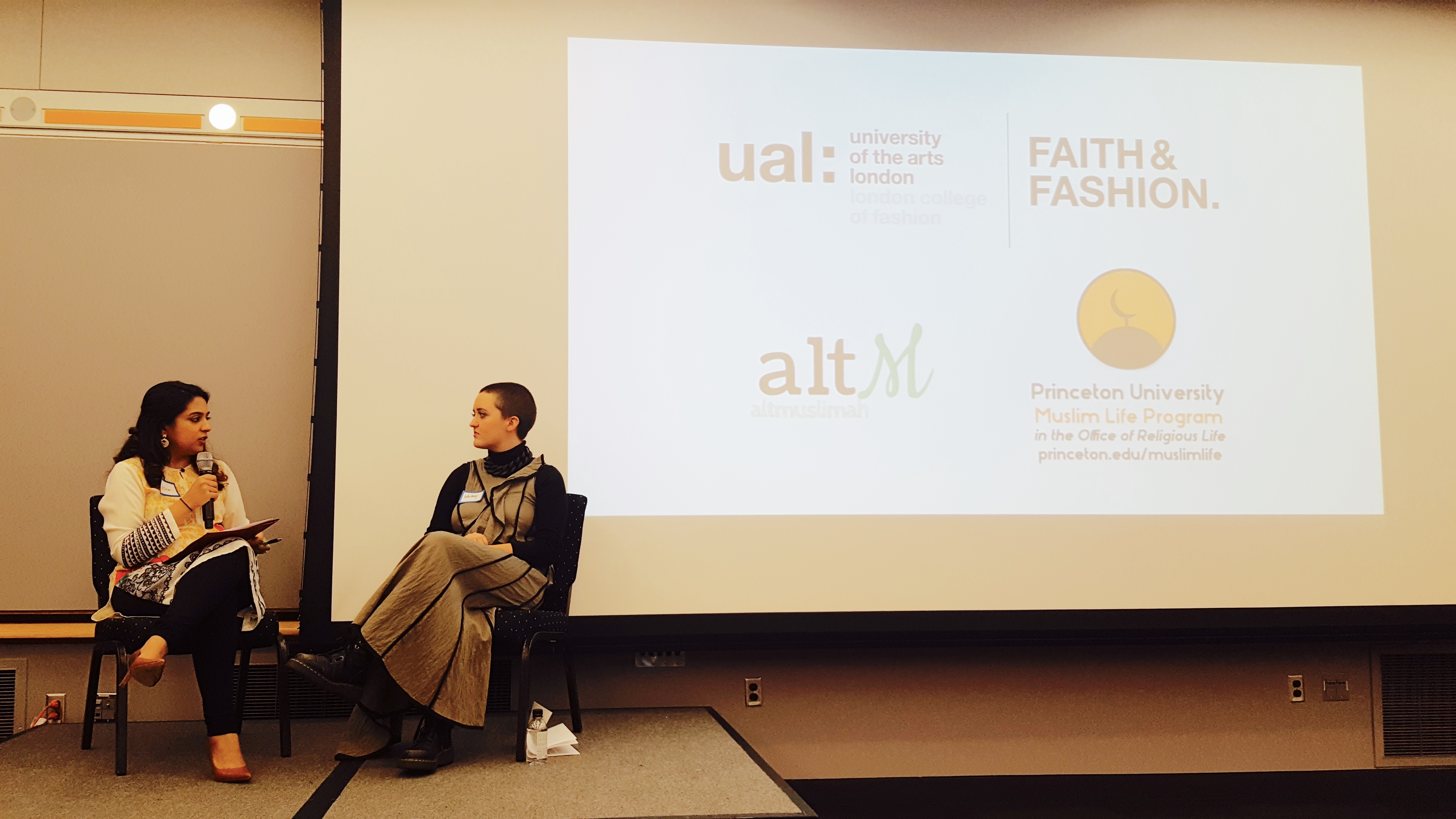
From The Norman Transcript:
Prejudice against American Muslims has prevalent in the U.S. since Sept. 11, 2001. To push back against discrimination, American Muslims have turned to the U.S. Constitution to uphold their religious freedom. Asma Uddin, counsel for the Becket Fund for Religious Liberty in Washington, D.C., discussed American Muslims struggles and success with her talk “Religious Freedom for All, Including Muslims” Monday at the University of Oklahoma.
With the Becket Fun, Uddin works to defend religious freedoms, such as Muslim rights as well as testified before Congress against the HHS contraceptive mandate that became the major issue in the recent Hobby Lobby lawsuit. She also is the founder and editor-in-chief of the online magazine AltMuslimah.com. Additionally, Uddin is a contributor to a book on religious liberty in America, constitutional roots and contemporary challenges that will be available January by the University of Oklahoma Press.
“Muslims in the United States come from 70 different countries and a range of Islamic traditions. A young community with a relatively socio-economic status, Muslims in America have started utilizing their resources to create vibrant expressions of their faith on the fertile soil of the American civic and religious culture,” Uddin said.
According to Uddin’s presentation, the latest statistics place the Muslim population in America between 2.6 to 2.8 million. Ninety percent of these Muslims are Sunni, however Uddin said Shia, Sufi and Ahmadiyya sects represent a diverse range of traditions in the U.S. Uddin said Muslims are the most racially diverse group in the U.S. with South Asians accounting for one-third; African Americans for one-fourth; and collectively sub Saharan Africans, Europeans, Iranians, Carribeans, South East Asians, Latinos, Turks and white Americans the remaining 19 percent.
“A diverse religious group in a diverse nation, American Muslims welcome religious pluralism. And despite images to the contrary are among the more integrated faith groups in the U.S.,” Uddin said. “They have become increasingly active both civically and politically. Domestic and foreign policies formed in the aftermath of the Sept. 11 attacks on the world trade center have fueled discontent but rather than diminish democratic participation, it has increased. Indeed, many Muslims have found that the American civic culture and value for religious freedom helps them not only practice but also better understand their faith. American Muslims feel they can be fully Muslim and fully American and there is no conflict between these two parts of their identity.”
Uddin said although Muslims in America have flourished, they continue to face challenges in the U.S., such as pervasive religious profiling since 2002. The term “Islamophobia” identifies prejudice against, hatred towards or fear of the Islamic religion or Muslims.
“It is fueled by negative stereotypes and based on the assumption that Islam is a violent religion that poses an ideological threat to the West,” Uddin said. “The prejudice leads to the marginalization and exclusion of Muslims from American culture and society. Forty-nine percent of Americans hold an unfavorable view of Islam or Muslims and one in two Muslims report prejudice within the last year.”
In addition to Islamophobia, Uddin said Muslims in America also struggle with homegrown terrorism.
“For a variety of political and non-political reasons, some disaffected Muslims, such as the Boston Marathon bombers, have turned to violence. … Innocent Muslims, and entire communities of them, have had to pay the price. … In spite of these challenges, American Muslims are practicing their faith and engaging dynamically with American society and culture. They have long drawn upon the U.S. Constitutional heritage to both protect their rights in the face of opposition and to use those rights to live and express their faith in a myriad of ways.”
Uddin explained that the broad religious freedom protections rooted in the U.S. Constitution, as well as state and federal statutes, provide a legal framework and social model that encourages Muslims to fight back against anti-Muslim sentiments. An example of legal cases involving Muslims fighting to protect their rights is that of land-use cases in which zoning codes are invoked in an arbitrary manner. Uddin said these arguments have largely been successful and found these zoning codes to violate Muslims free exercise of religion as guaranteed under the U.S. Constitution. Such famous cases include a mosque in Murphy’s Burrow, Tenn. and what was deemed by opposition the ‘Ground Zero Mosque’ (Park 51) for its proximity to the world trade center.
“The Park 51 incident led to a national conversation about the mosque specifically and religious freed more broadly. Although many opposed it, many political leaders supported the American Muslim community building the center,” Uddin said. “In a speech delivered against the back drop of the Statue of Liberty, then Mayor of New York City Michael Bloomberg said, ‘Muslims are as much a part of our city, our country, as the people of any faith, and they are welcome to worship in Lower Manhattan as any other group. Colorful controversies come and go but our values and traditions endure and there is no neighborhood in this city that is off limits to God’s love and mercy as the religious leaders here with us can attest.'”
Additionally, Uddin said Muslims have achieved success outside the courts to protect their religious freedom.
“Well recognizing that the legal fight for civil liberties is key to their success, the American Muslim community has also sought to fill the gap where the law does not provide the answer. … The social response model holds that a vibrant civil society, which includes among other things religious institutions, civil rights and advocacy groups, political leaders and various other influential voices, can step in and exert social pressure that pushes back against the mainstreaming of speech designed to denigrate,” Uddin said.
Uddin then gave examples of social pressure against individuals who have been publicly denounced even when their actions are legal by prominent figures like the President of the U.S. as was the case of Florida pastor Terry Jones who burned copies of the Qur’an on the tenth anniversary of Sept. 11 attacks.
“American protection for free speech forces us to grow-up. Instead of being forced by the government to get along, individual citizens within society organizations are able to grow toward solutions beyond personal convictions. While the fight for broad-based acceptance of the Muslim American community is by no means over, active participation by Muslims and non-Muslims, countering bad speech with good speech, has put American society towards progress.
“American freedoms have led to discussion more honest and vibrant among Muslims than perhaps anywhere else in the world. … This discussion leads to creating an authentic American Muslim; one that is fully Islamic and fully American, in so doing, these religious leaders are drawing from American Constitutional heritage and broad rights to religious freedom. They are re-conceptualizing Islam and Islamic practice within the framework of American freedom,” she said.
Uddin is a 2005 graduate of the University of Chicago Law School. She is an expert panelist for the Washington Post religion blog “On Faith” and a contributor to “Huffpost Religion,” CNN’s “Belief Blog,” the Guardian’s “Comment is Free,” and Common Ground News. Her lecture at OU was sponsored by the Institute for Constitutional Heritage.



















